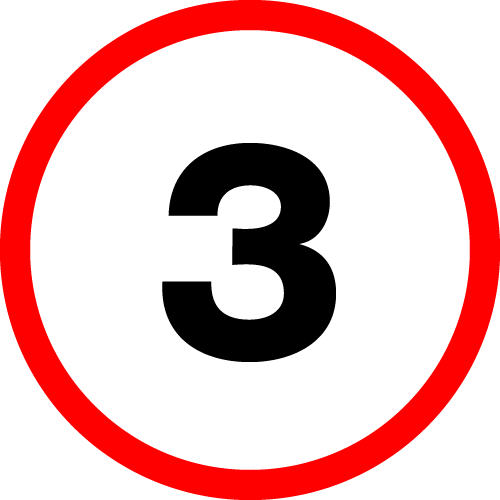A job interview is your time in the spotlight – so how can you make sure you’re completely prepared and at your best? Your rapport with the individual (or team) interviewing you is just one crucial part of the experience – but not every type of job interview will use the same format. In fact, some job interviews have very distinctive set ups, consequently if you’re not prepared you may be left tongue-tied when you’re aiming to impress for that dream job.
So what are the types of job interviews you’re likely to have? Here are three of the most common ones, including tips on how to tackle them in a way that will guarantee a great impression:

Behavioural interview

Situational interview

Case interview

The Behavioural Interview
- The format: Behavioural interviews are based on the premise that how you’ve acted in the past can predict how you’ll act in the future in similar situations – so you will be asked about scenarios in your past and how you dealt with them.
- Typical questions: “Can you tell me about a situation where you had to find a creative way around an obstacle?” Or “Give me an example of when you showed initiative and took the lead to resolve an issue?”
- How to approach: We recommend using the S.T.A.R. (Situation, Task, Action, Result) technique. For each question, describe the Situation (your role and responsibilities); talk about the Task; explain your Action (how you went about accomplishing the task at hand) and the Result (the benefit accrued by the company as a result of your action). The S.T.A.R. technique is useful because with practice, it can be applied successfully to any behavioural question.

The Situational Interview
- The format: The situational interview creates ‘what-if?’ scenarios to work out how you would handle specific situations. Since there are an almost infinite variety of possible work scenarios, such interviews can be difficult to prepare for.
- Typical questions: “A team member’s work isn’t up to scratch. How do you handle it?” Or “Your supervisor asks you to handle a problem in particular way and you don’t agree. What do you do?”
- How to approach: This is all about preparation. The aim of all situational interviews is to find out the same three pieces of information. First, are you going to fit in with the company’s culture? Second, how do you handle problems? Third, how well do you manage change? So when you’re answering a specific question, it’s important to weave answers to these three unspoken questions into your response.

The Case Interview
- The format: Case interviews are based on presenting candidates with a detailed business scenario – often complete with facts and figures – to find out how they would resolve the situation. Case-based interviews may also be carried out with a group of candidates; interviewers will sit and observe as the group tries to resolve the situation.
- Typical questions: There are no typical questions, but the scenario will be detailed and include specific challenges and obstacles that need to be overcome.
- How to approach: With a case-based interview, the devil is in the detail, so if the question includes specific data – market share, profit and loss, accounting periods and so on – it’s important to reference these in your answer. It’s also fine to ask questions to clarify anything in the scenario that you don’t understand or that you feel needs elaborating.
With case-based interviews there’s generally no ‘right’ answer. Instead, the interviewer’s objective is to try to gauge your analytical and problem-solving abilities. A good answer will need all your numerical and analytical skills to address sometimes complex scenarios, which will require you to be persuasive – especially in group interviews where you may need to win others over to your point of view – and it’s important to demonstrate sound business sense and good commercial awareness.
